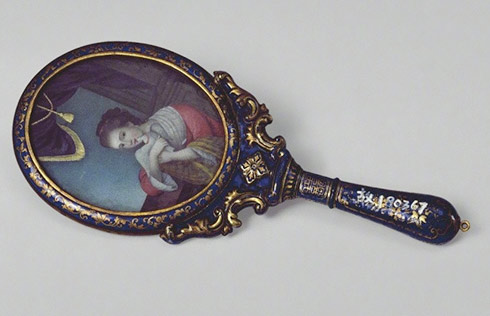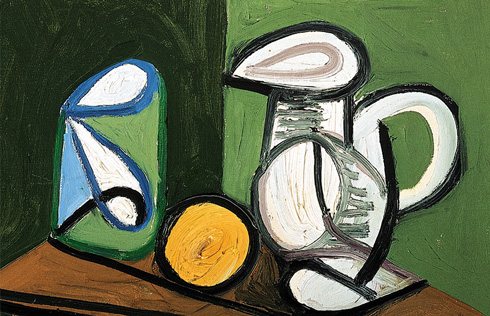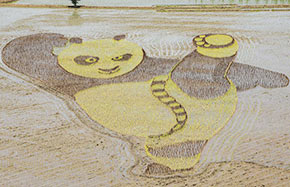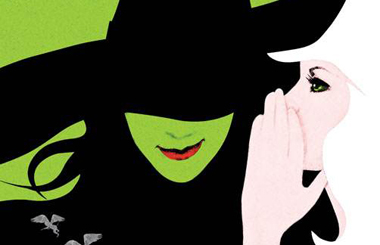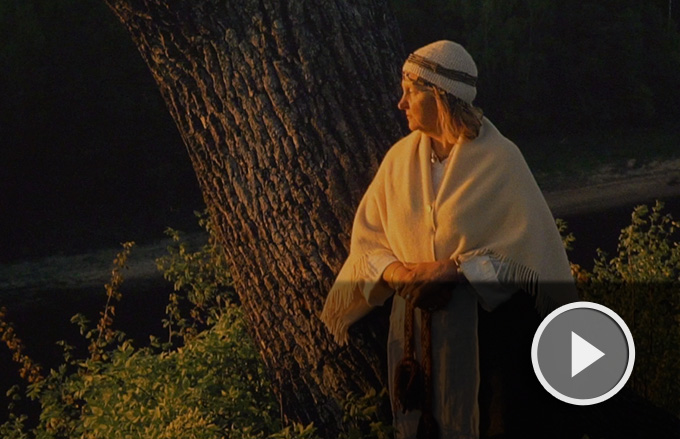Art education goes online to cater to a wider audience
 |
|
Young people take art courses offered by L-Art University, a new online-education institute, taught by lecturers from across the world. |
He says that more lecturers teaching in art schools in Germany, Italy, Spain and Russia are expected to join the online institute's faculty soon.
"The university's curriculum zooms in on various elements of the art world-how an artwork is produced, consumed, marketed and collected," says Lyu.
"We are trying to build a knowledge repository of how the art world operates."
The courses are filmed in cities where the lecturers are based and feature the city's scenes to give students a holistic learning experience.
Paul Gladston, one of the lecturers and a professor at the University of Nottingham, filmed his courses on contemporary visual cultures and critical theory earlier this year.
The filming took place in London to show students the city's visual culture, such as street art and architecture.
"What I teach is theoretically difficult. So, I hope to encourage students to think about interesting ideas and how one film connects to another," says Gladston.
"Therefore, we try to make it cool and visually engaging, also because London is an extraordinary place."
This is Gladston's first time teaching online, and he finds the filming process "very hard" but "very rewarding".
Not only does it force him to think about how to say things in a way that people can understand, but it also makes him reflect on his teaching methods.
"Young students today are so used to consuming things online," he says.
"So, the filming process makes me think about how to restructure the information and communicate."
Frank Vigneron, who lectures on Western art theory and philosophy, says a truly globalized education is to spread the voice of art to every corner of the world and make it louder.





